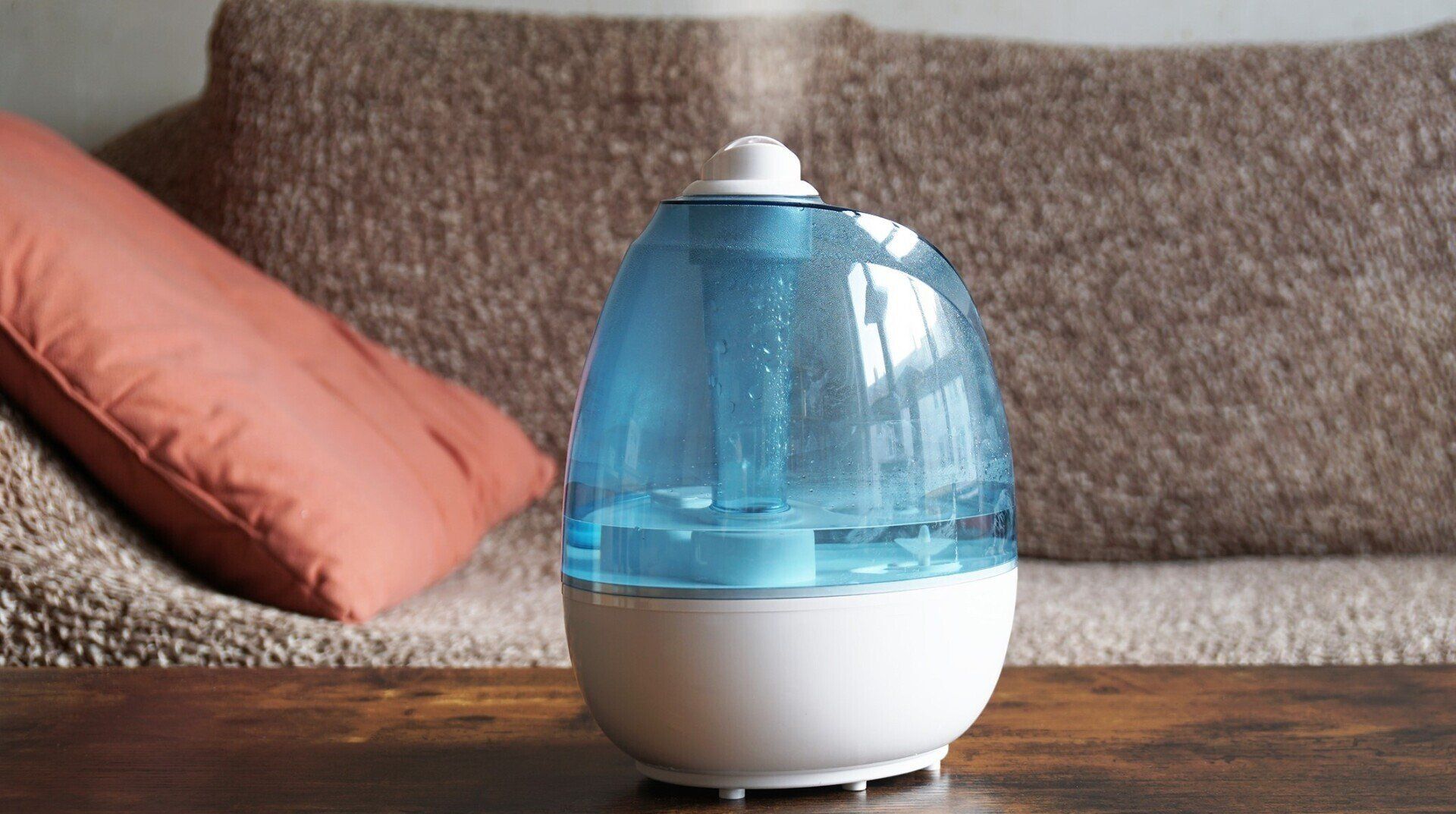The Health Benefits of Purchasing a Humidifier This Winter
During Chicago’s long winter, the majority of home heating systems will significantly reduce the amount of moisture in the air. When the weather turns especially cold (below 20 degrees), it’s not uncommon for the indoor relative humidity to drop as low as 10 or 15 percent. By comparison, that’s drier than the Sahara Desert!
Health journalist Lex Harvey recently revealed that humidifiers are not only an effective solution for adding moisture back into your home, but they are also associated with numerous health benefits:
1. Reduces the spread of germs
Humidifiers can help prevent you from getting sick by adding moisture to the air. In particular, research has found that humidifiers can help protect against the flu—and may even reduce the spread of COVID-19. A 2013 study found that if indoor humidity levels are less than 23%, influenza's infectivity rate — or its ability to infect others via respiratory air droplets — is between 70% and 77%. If indoor humidity is kept above 43%, the infectivity rate is much lower, between 14% and 22%.
2. Prevents dry skin
Dry air pulls moisture from the skin, making it feel itchy and irritated. Humidifiers can counter this effect by increasing moisture in the air to help avoid discomfort and restore skin health. For example, a 2008 study in a Japanese hospital found that using a humidifier in winter boosted humidity from 32.8% to 43.9% and relieved dry and itchy skin symptoms among staff.
3. Relieves asthma and allergy symptoms
Humidifiers can help with allergy and asthma symptoms by soothing tissues in the nose and throat. This can help combat:
- A dry and itchy throat
- Runny nose
- Coughing
- Nose bleeds
4. May loosen congestion
When you get sick, the cells lining your respiratory tract generate more mucus, and when the mucus dries, it can become "sticky" — which makes it hard to blow or cough. Increasing air moisture can make it easier for you to expel the mucus when coughing or blowing your nose, by preventing it from drying.
5. Alleviates snoring
Humidifiers can also reduce snoring from nasal congestion by helping to loosen the mucus blocking your airway. In general, “the more open your airways, the less snoring," explains Dr. Andrew Stiehm, a pulmonologist with Allina Health’s United Lung and Sleep Centre.
What’s the right amount of indoor moisture?
The Mayo Clinic has found that the ideal indoor humidity is between 30% and 50%, and the best way to monitor humidity levels in your home is with a hygrometer. This inexpensive device, which looks like a thermometer, measures the amount of moisture in the air. Many humidifiers come with a built-in hygrometer, but they can also be purchased separately from most hardware and department stores.
Finding the best humidifier for your home
There are countless portable humidifier models to choose from, and depending on the size of your living space, you may decide that placing one in the bedroom and one in the living room is appropriate.
Whichever style and brand you select, it’s important to remember that if your humidifier is not maintained properly, it can actually accumulate bacteria that can worsen allergy symptoms or cause sickness and infections. Therefore, make sure to clean your humidifier and monitor humidity levels on a regular basis to achieve the best health benefits.
For more information about Chestnut Square’s vibrant senior living community, please visit www.ChestnutSquare.info














